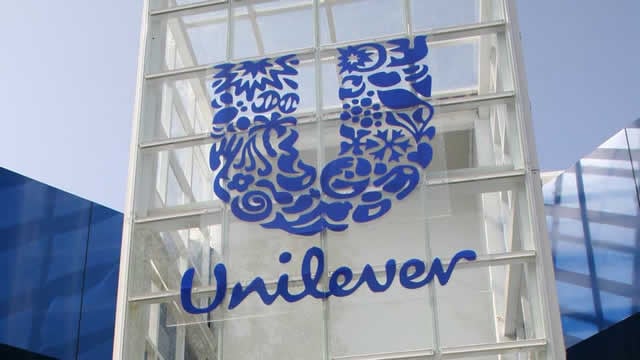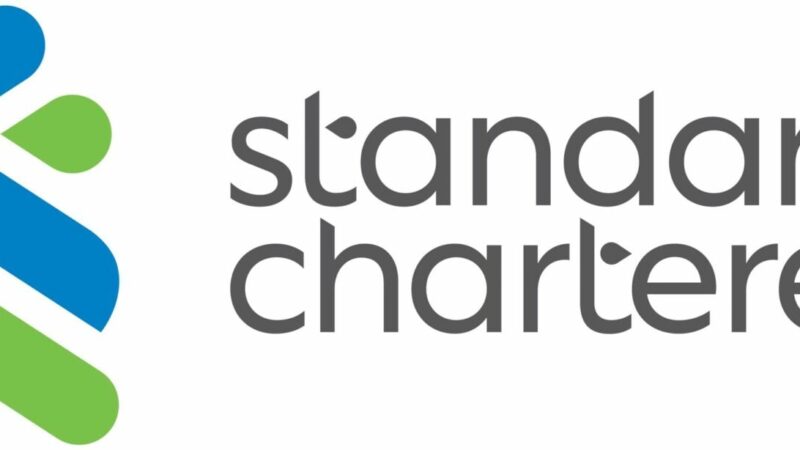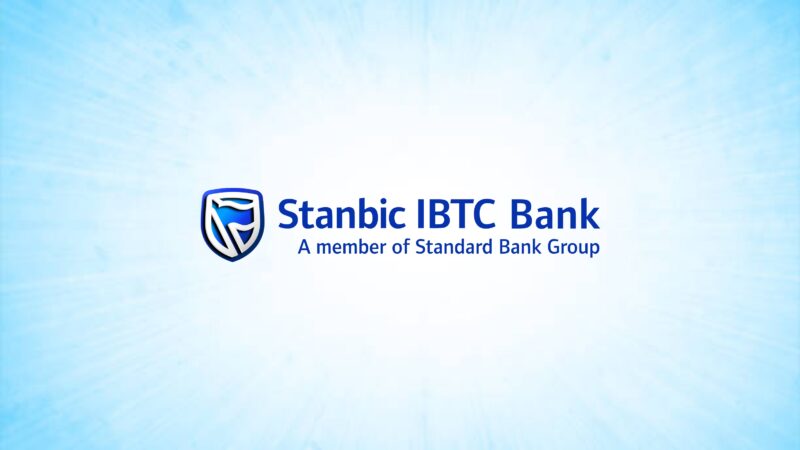FirstBank to roll out disability-friendly services
 FirstBank has announced plans to introduce tailored financial services for Persons Living with Disabilities.
FirstBank has announced plans to introduce tailored financial services for Persons Living with Disabilities.
In a statement on Tuesday, the bank said the initiative is part of its broader continuous commitment to promoting financial inclusion and diversity. It would benefit customers who are blind, partially sighted, and physically challenged across its operations.
FirstBank’s efforts align with the Central Bank of Nigeria’s financial inclusion strategy and the United Nations Convention on the Rights of Persons with Disabilities, which advocates equal access to financial services.
Under this initiative, transaction documents will be made available in Braille, audio, large print, and digital formats. ATMs will be upgraded with high-contrast screens and voice-prompt commands, while cards issued will feature tactile motifs and Braille inscriptions for easy recognition. Already existing soft PINs and tokens would be enhanced to boost secure access to banking channels. Product brochures will also be made available in Braille and audio formats to support customer understanding and engagement.
Commenting on the proposed launch, the Chief Risk Officer and Chairman of the FirstBank Sustainability Committee, Patrick Akhidenor, said, “Everyone deserves access to financial services, whether physically or digitally. We recognise this, and we are providing financial services that are both accessible and affordable to visually impaired and physically challenged customers at all our touchpoints. We are making it possible for them to manage their accounts independently and securely.”
The lender indicated that the initiative will be implemented in phases across all subsidiaries and locations of the FirstBank Group. With this initiative, FirstBank said that it is shaping a future where every individual, regardless of physical ability, can manage their financial affairs without third-party assistance.
FirstBank maintained that the initiative reflected its financial inclusion and diversity push, which is shown in its policies, partnerships and initiatives, such as its employees’ ratio of female to male (about 41:59 per cent; and 37 per cent women in management roles) as well as the FirstBank Women Network, an initiative that seeks to address the gender gap and increase the participation of women at all levels within the organisation.
In addition, the Bank’s membership of the UN Women is an affirmation of a deliberate policy that is consistent with UN Women’s Women Empowerment Principles: ‘Equal Opportunity, Inclusion, and Nondiscrimination.’







